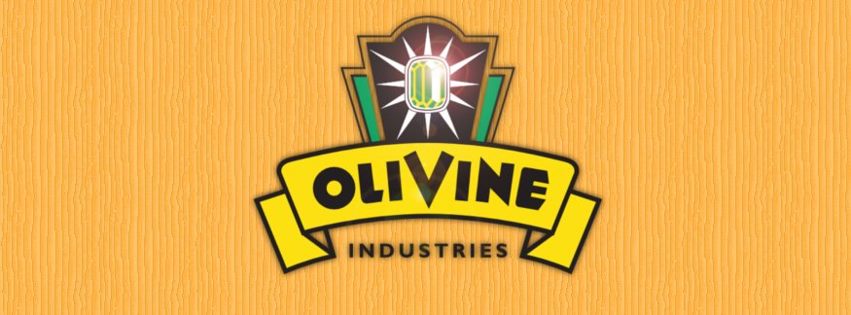OLIVINE Industries is struggling to attract investors and its parent company, AICO Africa has been advised to sell its interest in the fast moving consumer goods firm even at a loss. AICO owns 51 percent in Olivine and the remainder is owned by the Industrial Development Corp.
In a proposal on the unbundling of AICO Ltd, financial advisors Corporate Excellence said huge working capital required to revive the business, debts, obsolete equipment, size of the markets were some of the reasons cited by investors as impediment to investment.
"Given the lack of interest in Olivine by investors and given the current challenges facing the current capital raising initiative, it is clear that the current initiative will not yield the desired results in the short term," according to the financial advisory company.
"Accordingly, it may be prudent for AICO to dispose of its interest in Olivine to any willing investor, even at a loss, and use the proceeds to recapitalise Cottco." AICO owns 100 percent in Cottco.
On working capital required, the majority of investors, particularly local, pointed out that the $15,6 million equity capital was needed in addition to trade finance facilities of $17,3 million. The amount was too high given the level of return anticipated.
Investors have highlighted that the projected levels of profitability of between 9 percent and 11,75 percent were not exciting enough to warrant an investment of this magnitude in Zimbabwe, as most private equity funds are chasing returns in excess of 15 percent per annum.
The company has borrowings and payables in excess of $34 million debt against current assets of $21 million, $17,2 million being inventory. Therefore any new equity investment would first retire outstanding debts and return the balance sheet to reasonable health.
Olivine has also recorded a cumulative loss after tax of $20 million since dollarisation.
"This level of losses alone has been enough to discourage potential investors from investigating the investment opportunity further," said Corporate Excellence. In addition, the proposal said the investors were not happy with the state of the plant and equipment.
"Investors believe the lack of competitiveness by the company is largely a function of its continued utilisation of outdated and uncompetitive plant and equipment. The majority of investors believe Olivine may require new equipment for some units, which cost may be prohibitive and would not be justified by the resultant returns," it added.
Further, investors pointed out that the primary market for Olivine's products was Zimbabwe.
With a population of 13 million, investors noted it was going to be impossible for the company to enjoy the same level of economies of large scale production as South African manufacturers.
"Investors also highlighted that Zimbabwe produces less than 50 000 tonnes of soya beans in any one season yet to satisfy Olivine's cooking oil requirements (assuming Olivine controls about 15 percent of the market) would be in excess of 35 000 tonnes.
"It is however inconceivable that Olivine will be able to secure such a large part of the national soya bean crop given that other buyers such as National Foods and stock feed producers also require soya beans for their operations. Furthermore, it is very difficult for Olivine to compete fairly against imports from South Africa, given that these imports are manufactured using genetically modified crops whose importation is banned in Zimbabwe," said Corporate Excellence.
- herald
 OK Zimbabwe posts US$17,8 million loss
OK Zimbabwe posts US$17,8 million loss  Hichilema meets Chivayo
Hichilema meets Chivayo  Millions celebrate Diwali festival in India
Millions celebrate Diwali festival in India  Econet Zimbabwe to delist from ZSE
Econet Zimbabwe to delist from ZSE  Gold edges up as traders await guidance
Gold edges up as traders await guidance  Mnangagwa fires Chitando, appoints Polite Kambamura
Mnangagwa fires Chitando, appoints Polite Kambamura  Young Investment Professional (YIP) Graduate Programme 2019
Young Investment Professional (YIP) Graduate Programme 2019 











 Young Investment Professional (YIP) Graduate Programme 2019
Young Investment Professional (YIP) Graduate Programme 2019
Editor's Pick